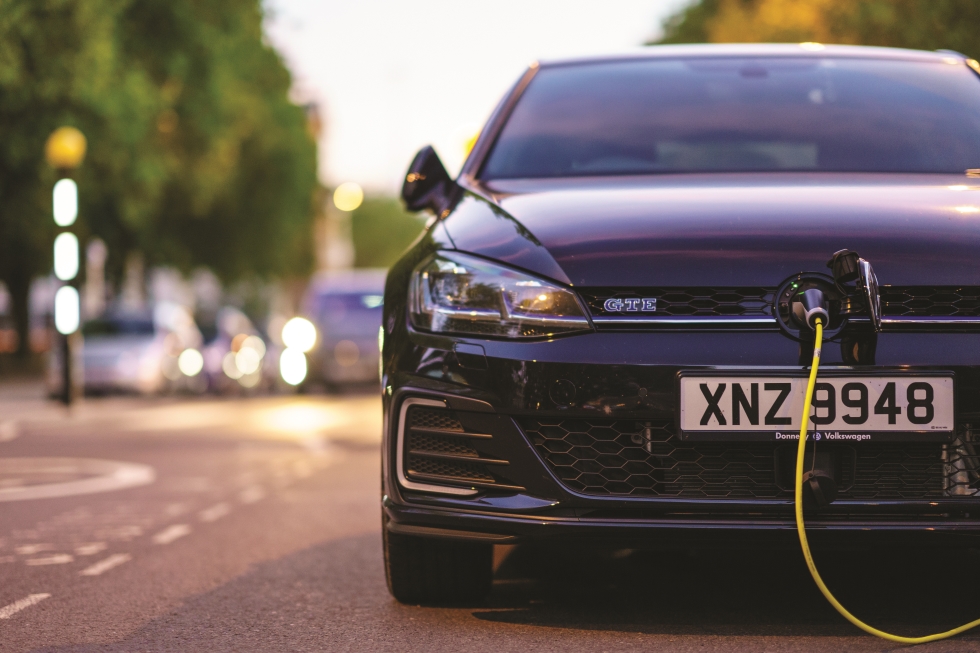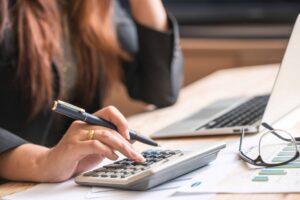The shortage of semiconductors has meant long delays in the delivery of new cars. This has caused many company car drivers to choose a second hand car instead, but what are the tax consequences?
Capital allowances are a form of tax relief against business profits and, unless the car has zero emissions, the capital allowance rules are the same for new and used cars bought by the business. Plant and machinery capital allowances may be claimed on the purchase price of the car at either 18% or 6%, depending on whether the CO2 emissions for the vehicle are below or above 50g CO2 per km.
Where a zero-emission car is acquired by the business, a special 100% first year allowance against profits can apply, but only if the car is new. There is however an exception for certain ex-demonstrator cars. HMRC accept a car is unused and not second hand provided it has been driven for a limited number of miles for the purposes of testing, delivery, and test driven by potential purchasers.
Therefore, although an electric car doesn’t need to be new to obtain a deduction against profits, it does need to be new in order to obtain the 100% deduction in the year of purchase (subject to the ex-demonstrator exemption).
In addition, when an employee is provided with a company car for private use they are taxed on this benefit via a form P11D. When calculating the P11D benefit of company cars the original list price inclusive of extras should be used, not the purchase price. Hence the P11D value for a secondhand company car may be significantly higher than the price paid for the vehicle. Meaning that the employee would be paying tax on that higher value, despite the car now being worth significantly less.
The P11D value also determines how much Class 1A National Insurance is payable by the company to HMRC on the benefit provided.
Rachel Roberts is a Senior Tax Accountant and would be happy to have a chat through the capital allowance rules for your business, please call 01242 776000 or email Tax@randall-payne.co.uk.



